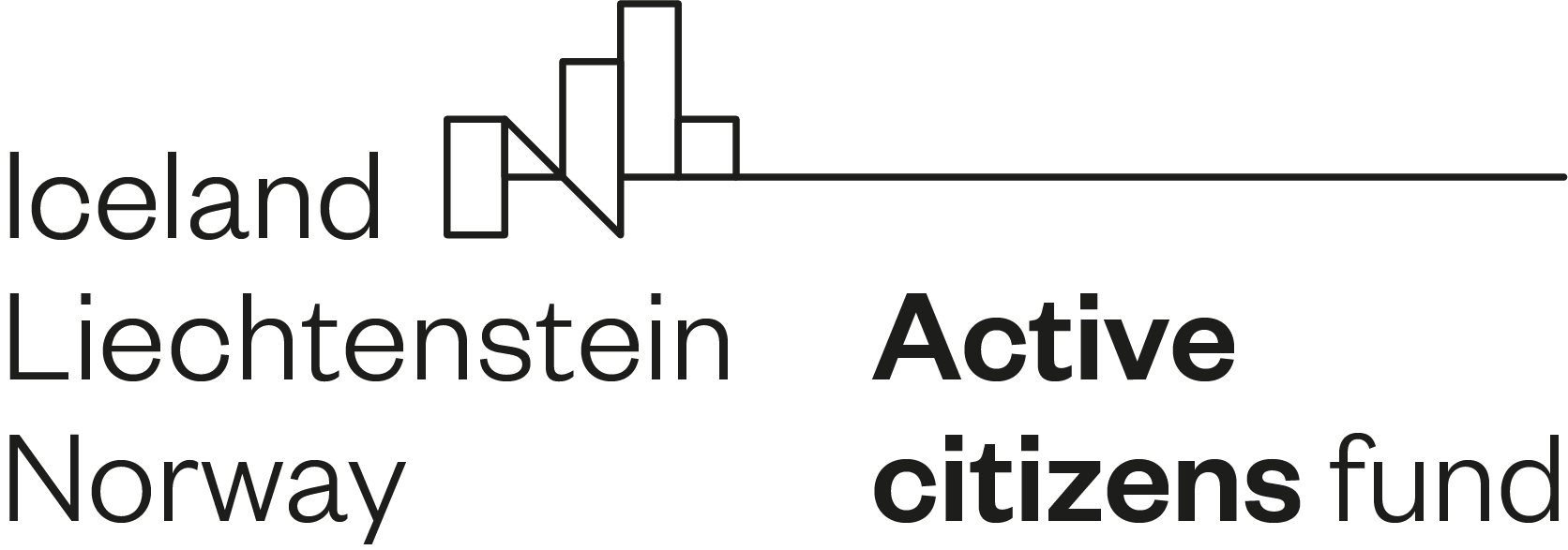Hate speech is a manifestation associated with phenomena such as intolerance, discrimination, social exclusion of certain groups or individuals belonging to the groups, the use of stereotypes and prejudices. It is usually manifested by incitement to exclusion or violence towards people or groups of people, spread of negative stereotypes against them or denial of historical events in which these groups have suffered. The type of discourse that involves hate speech has become an increasingly worrying problem in many European countries. The fact that in some cases it is used by politicians in order to attract votes, sometimes successfuly, gives it a false legitimacy and contributes to its spreading in the society. This in turn can lead to violence no only against individuals but also against entire groups of people and helps to perpetuate the marginalization of certain categories of the population, such as the Roma or Muslims.
The project “Political discourse without discrimination” funded by the EEA Grants, NGO program in Romania addresses first and foremost the issue of hate speech that is often used in electoral campaigns in Romania. The project initiators and partners, E-Civis Association together with the Permanent Electoral Authority and the National Council for Combating Discrimination in Romania run a website entitled “discourse without discrimination” where they gather examples of hate speech and testimonies of MEPs against hate speech. The project has been made internationally relevant through the comparative study on how hate speech is regulated in each of the countries of the European Union.
In today’s political and social turmoils, where freedom of expression is challenged in ways that can undermine our basic democratic principles by turning poeple against each other, we need every positive measure we have to counteract these tendencies. Saying no to hate speech and having clear and effective ways to sanction it is one such measure.
Read more and download the study in English here.
